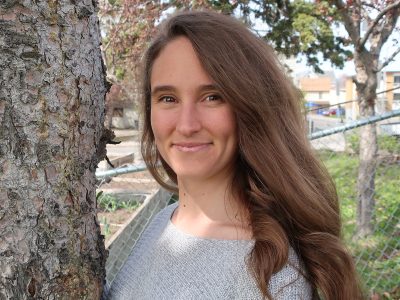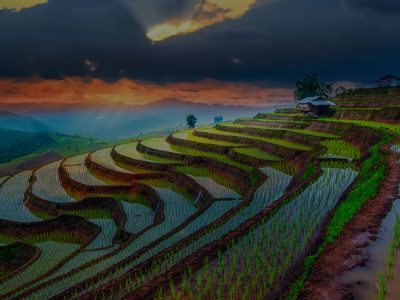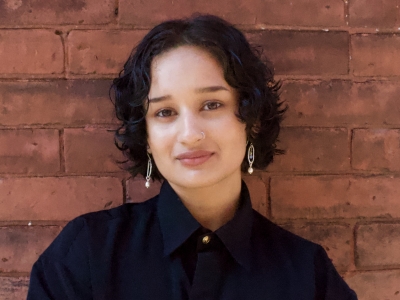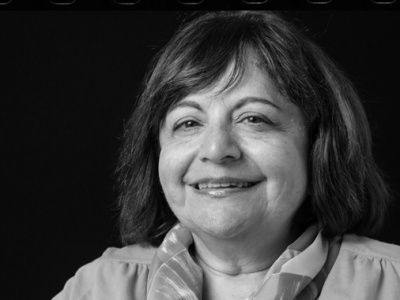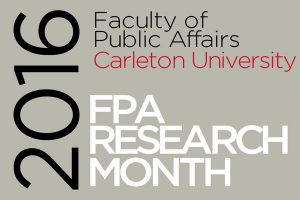 2016 FPA Research Excellence Award Symposium: Transitions to the Pluriverse. WEDNESDAY, FEBRUARY 24 – 9:30 AM
2016 FPA Research Excellence Award Symposium: Transitions to the Pluriverse. WEDNESDAY, FEBRUARY 24 – 9:30 AM
Professor Cristina Rojas is a professor in the Department of Political Science, the Institute of Political Economy, and the Norman Paterson School of International Affairs (NPSIA). Her research began in her home country of Colombia, where she studied the relationship between indigenous people and elites. She has since begun working with indigenous people in the South American country of Bolivia.
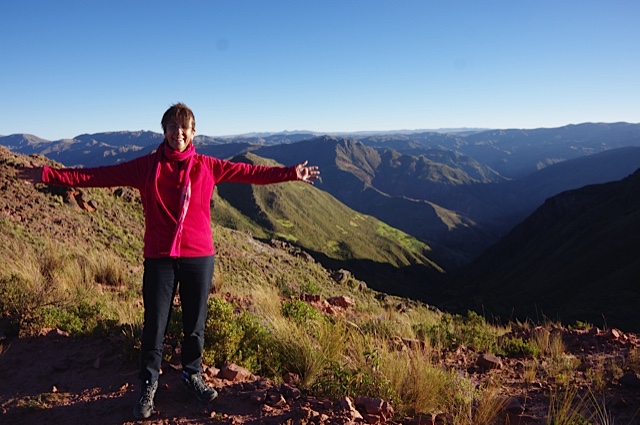 You have studied the life and political power of indigenous people in both Colombia and Bolivia. How do the two countries compare?
You have studied the life and political power of indigenous people in both Colombia and Bolivia. How do the two countries compare?
In Colombia I studied the elite’s desire to civilize the people during the 19th century. They were white literati who believed that European civilization had to be brought to the people of Colombia. My thesis was that this regime of civilization engendered violence and silenced the perspectives of indigenous people (about 4% of the population), Afro-descendants and the poor. This violence continued in different forms over two centuries.
In Bolivia my research takes a different perspective. It is a perspective from below, from the indigenous peoples who make up most of the population (historically 60-70%). I explore how they conceive and continue defending their ways of life.
What has been their experience in Bolivia?
Power has historically been in the hands of the white and mixed-race minority. That imbalance has led to a tumultuous history of coups and counter-coups.
But in 2009, a new Constitution was created with the participation of indigenous groups. Bolivia elected its first indigenous president. The Constitution states that indigenous people must be consulted in government decisions, that they will have autonomy, and that their judicial and economic systems are legitimate.
Has this happened?
In some ways and not in others. Although indigenous people were major players in the Constitutional Assembly, they are now encountering more difficulty in translating their experience into policies and programs of reform.
The government tends to focus on the equality of opportunity—ensuring that indigenous people have posts in government as ministers and mayors. But they are not consulted in decisions and are still expected to convert to “modernity”.
While they are recognized in the Constitution, their indigenous knowledge and ways of life are not valued.
You focus specifically on the experience of Bolivian women. While there’s a strong feminist tradition, it can clash with indigenous traditions.
In the feminist movement, it’s very important for there to be a system of quotas in which opportunities are split 50/50.
But the indigenous women have other priorities including the defense of territory and the respect for the environment. They want change to come from within. They prefer to deal with inequalities within their own community and according to their own system of indigenous authority.
As a researcher, you’ve made a point of consulting with indigenous women. How do you enable them to share their knowledge?
Indigenous women have their own voice. I can’t pretend to speak for them. I see my role as facilitating a space within the academic work for them to search their experience with other indigenous women and to find an audience to defend their points of view.
Thursday, January 14, 2016 in Department of Political Science, Research Series, Research Symposium
Share: Twitter, Facebook
